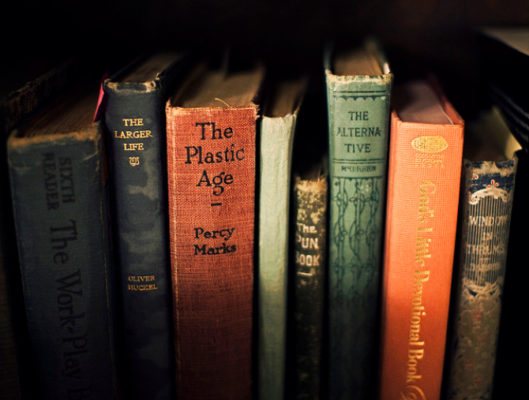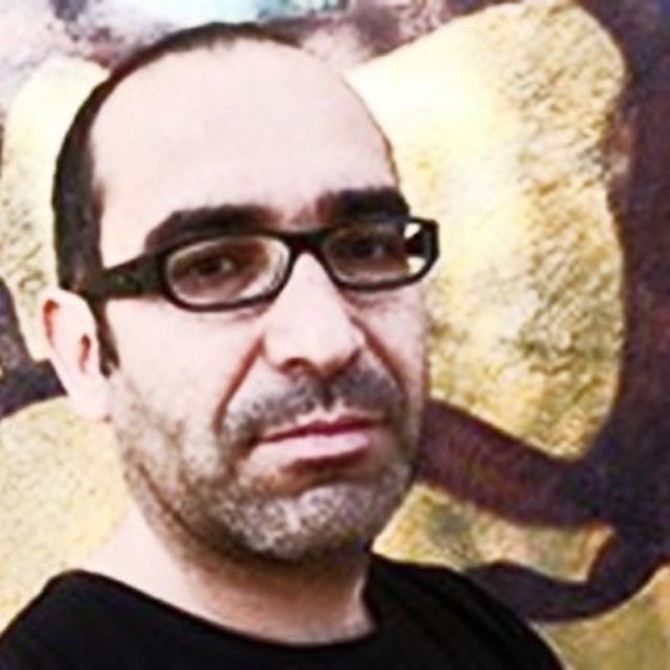Search
To search for an exact match, type the word or phrase you want in quotation marks.
A*DESK has been offering since 2002 contents about criticism and contemporary art. A*DESK has become consolidated thanks to all those who have believed in the project, all those who have followed us, debating, participating and collaborating. Many people have collaborated with A*DESK, and continue to do so. Their efforts, knowledge and belief in the project are what make it grow internationally. At A*DESK we have also generated work for over one hundred professionals in culture, from small collaborations with reviews and classes, to more prolonged and intense collaborations.
At A*DESK we believe in the need for free and universal access to culture and knowledge. We want to carry on being independent, remaining open to more ideas and opinions. If you believe in A*DESK, we need your backing to be able to continue. You can now participate in the project by supporting it. You can choose how much you want to contribute to the project.
You can decide how much you want to bring to the project.

In a previous entry, I reflected on the possibility that the generalization of new technologies supposed the end of reading, at least in the way we currently understand it. I tried to offer diverse hypotheses about a probable future world where readers would end up disappearing. They were a few thoughts that had arisen in response to the thread of an obscure phrase I had read a while back on Twitter: “The future of reading is not reading”.
I ask myself, however, what would happen if those who announced the end of reading were wrong? Maybe the omens will be wrong and the act of reading will continue to enjoy a central place in our culture. And if this was the case, can we imagine the ways we will read in times to come?
A good number of technophiles think that digital communication technologies are giving birth to an era of free and open knowledge (though not necessarily gratis). According to this point of view, in a not so distant future, information will circulate without restrictions across the information networks, so that it will be within the reach of anybody with an Internet connection. The inherent connectivity of the web will contribute to the permanent circulation of knowledge, which will have its legal support in free licences and creative commons, specifically designed for the sharing of creative products.
The consolidation of free knowledge will have important implications for reading. It will be an important step in materialising the so longed for dream of the universalization of knowledge. Thanks to the Internet, the multitude will have access to almost any imaginable written document. But it’s not just this: any user of the web will have the possibility of reproducing, publishing, sharing, and in many cases modifying and remaking the texts at their disposal. In the final instance, any reader will be susceptible to becoming also an editor and a writer. In fact today it is already possible to find the germen of this polymorphic figure in the users of social networks and in a more elaborate way in the participants of the different collaborative environments and wikis that have cropped up under the auspices of the web.
At the other extreme, we can imagine a future in which reading is already conditioned by the setting up of a series of rigorous control mechanisms over the information that circulates on the digital networks. In this possible world, creative products will be regulated by norms of intellectual property that are even stricter than the ones we know now, at the same time as the channels of distribution of knowledge will be submitted to a more systemic, effective and rigorous vigilance that what is currently in place.
In this way, readers will have to become accustomed to living in a world in which the sharing of information will be rigorously punished and any books and magazines purchased will be controlled by potent DRM. Their reading spaces will be clearly demarcated –already taking shape in the form of virtual shops such Amazon and iTunes, social networks or institutional repositories of contents–, in such a way that it will be possible to exercise a more effective control upon reading habits, be it for political or commercial reasons.
And, within the margins of this demarcated and guarded universe, will be situated the so-called “pirates”, who, guided by a vast diversity of reasons, will endeavour to make us remember that a world with its own logic exists, in which contents circulate in a surreptitious manner, but without any strings attached.
It would also be possible to conceive a hybrid future, where, having finally cast aside the principle of the neutrality of the web, Internet would split into two, which would bring with it two types of readers. We would have on the one hand, privileged users of digital networks, able to pay for access without restrictions to Internet and enjoy all types of contents. On the other, we would find users obliged to connect to lower quality networks, that is to say, slower ones, with a smaller bandwidth and without access to multiple contents. When all is said and done, each and every user one will read in different ways, as the richness and variety of the materials that they will be able to access will be very different.
The hypotheses about the future of reading are diverse, and in my two entries dedicated to this subject I have limited myself to enumerating only a few. Maybe you will have a few more in mind. Anyway, it is highly probable that the reading to come will not follow one solitary path. Just as Joaquín Rodríguez has endeavoured to remind us in each one of his commentaries in his magnificent blog, many futures await both the book and reading. Some will resemble what we have described in these lines, and many others, no doubt, not at all.
In any event, the future of reading is not necessarily driven by a fatal process. In reality, the forms that it will take in the future depend to a large extent on us.

Eduardo Pérez Soler thinks that art –like Buda– is dead, though its shadow is still projected on the cave. However, this lamentable fact doesn´t impede him from continuing to reflect, discuss and write about the most diverse forms of creation.
"A desk is a dangerous place from which to watch the world" (John Le Carré)